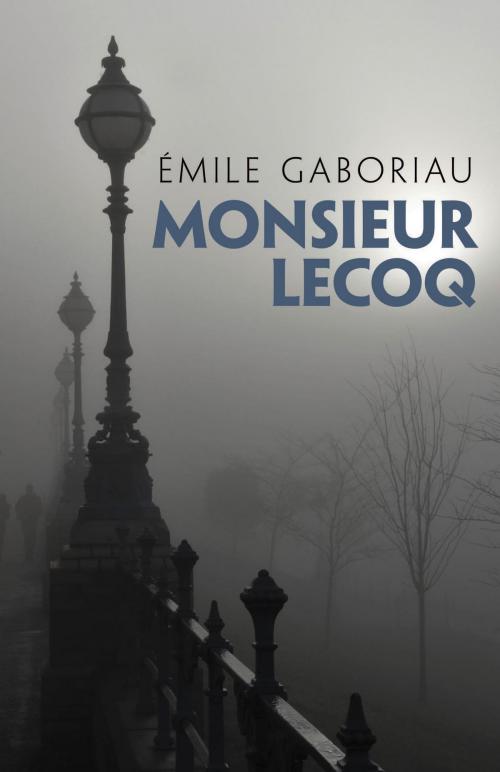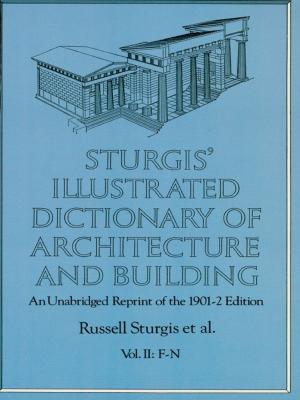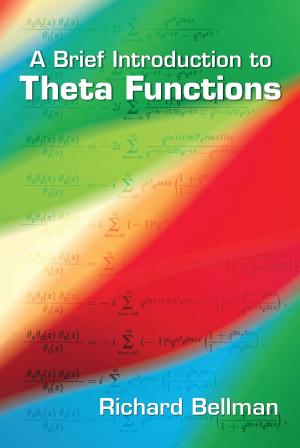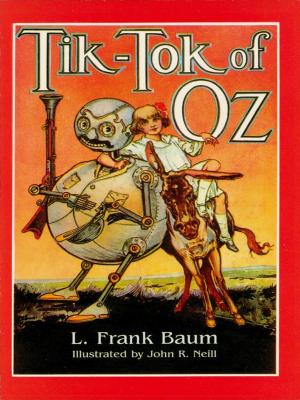| Author: | Emile Gaboriau | ISBN: | 9780486780702 |
| Publisher: | Dover Publications | Publication: | August 4, 2014 |
| Imprint: | Dover Publications | Language: | English |
| Author: | Emile Gaboriau |
| ISBN: | 9780486780702 |
| Publisher: | Dover Publications |
| Publication: | August 4, 2014 |
| Imprint: | Dover Publications |
| Language: | English |
A grisly triple murder occurs in a down-and-out quarter of Paris, and the petty criminal apprehended at the scene of the crime is considered clearly guilty—except by young Monsieur Lecoq. The brilliant but inexperienced young detective digs deeper into the case to discover an affair of family honor involving blackmail, secret identities, and suicide. Outwitted at every turn, Lecoq is compelled to attempt a last-ditch gamble.
First published in 1869, Monsieur Lecoq is astonishingly modern and enjoyable. André Gide pronounced author Emile Gaboriau "the father of the modern detective novel," and this is Gaboriau's finest work. Energetic and keenly logical, Lecoq ranks as a significant figure in the history of detective novels; Sir Arthur Conan Doyle himself acknowledged the fictional sleuth's influence on his own logical mastermind, Sherlock Holmes.
First published in 1869, Monsieur Lecoq is astonishingly modern and enjoyable. André Gide pronounced author Emile Gaboriau "the father of the modern detective novel," and this is Gaboriau's finest work. Energetic and keenly logical, Lecoq ranks as a significant figure in the history of detective novels; Sir Arthur Conan Doyle himself acknowledged the fictional sleuth's influence on his own logical mastermind, Sherlock Holmes.
A grisly triple murder occurs in a down-and-out quarter of Paris, and the petty criminal apprehended at the scene of the crime is considered clearly guilty—except by young Monsieur Lecoq. The brilliant but inexperienced young detective digs deeper into the case to discover an affair of family honor involving blackmail, secret identities, and suicide. Outwitted at every turn, Lecoq is compelled to attempt a last-ditch gamble.
First published in 1869, Monsieur Lecoq is astonishingly modern and enjoyable. André Gide pronounced author Emile Gaboriau "the father of the modern detective novel," and this is Gaboriau's finest work. Energetic and keenly logical, Lecoq ranks as a significant figure in the history of detective novels; Sir Arthur Conan Doyle himself acknowledged the fictional sleuth's influence on his own logical mastermind, Sherlock Holmes.
First published in 1869, Monsieur Lecoq is astonishingly modern and enjoyable. André Gide pronounced author Emile Gaboriau "the father of the modern detective novel," and this is Gaboriau's finest work. Energetic and keenly logical, Lecoq ranks as a significant figure in the history of detective novels; Sir Arthur Conan Doyle himself acknowledged the fictional sleuth's influence on his own logical mastermind, Sherlock Holmes.















